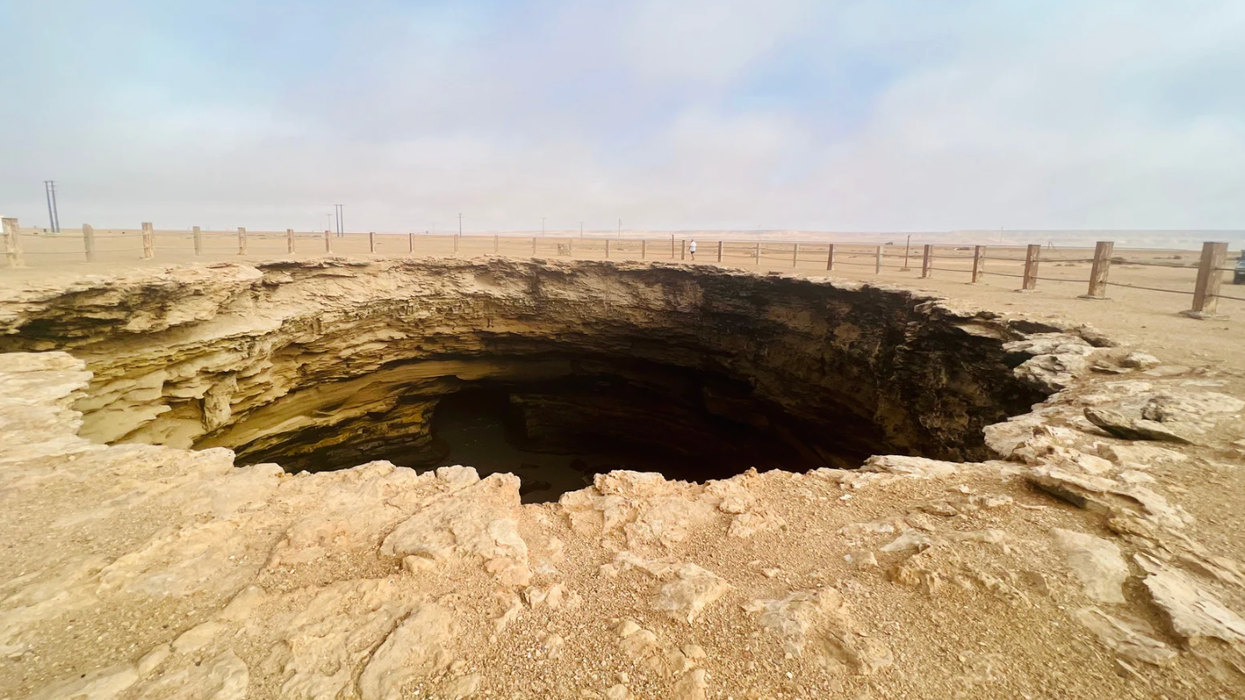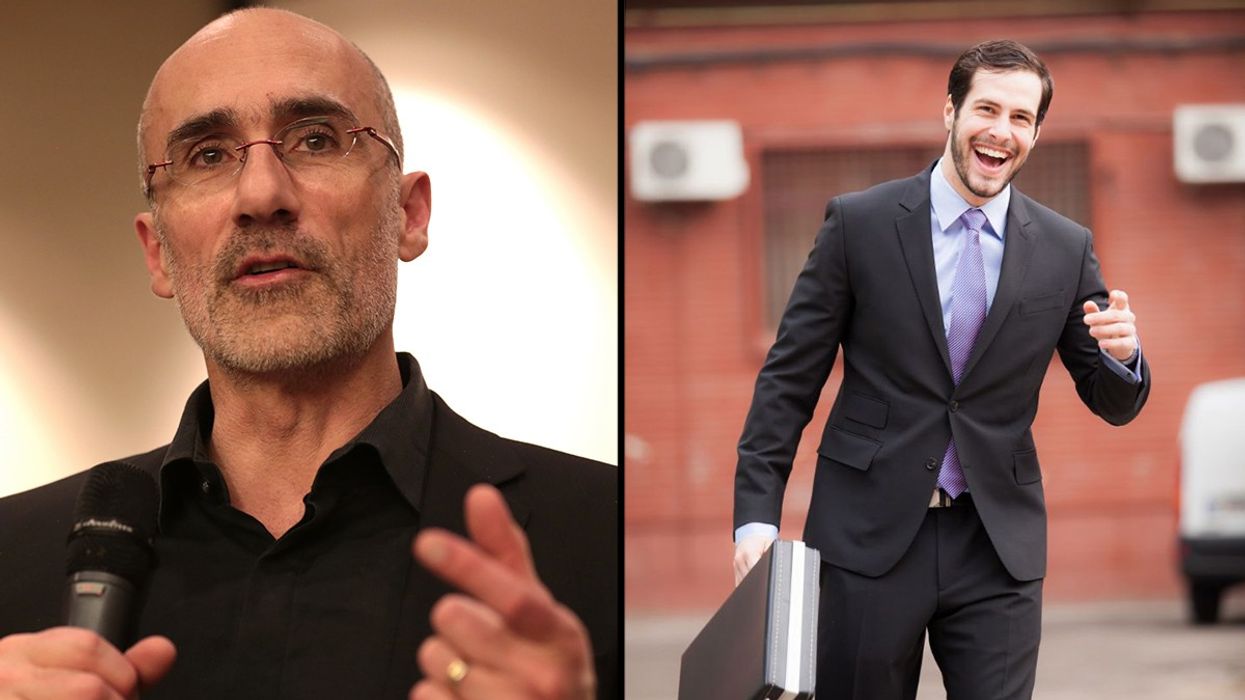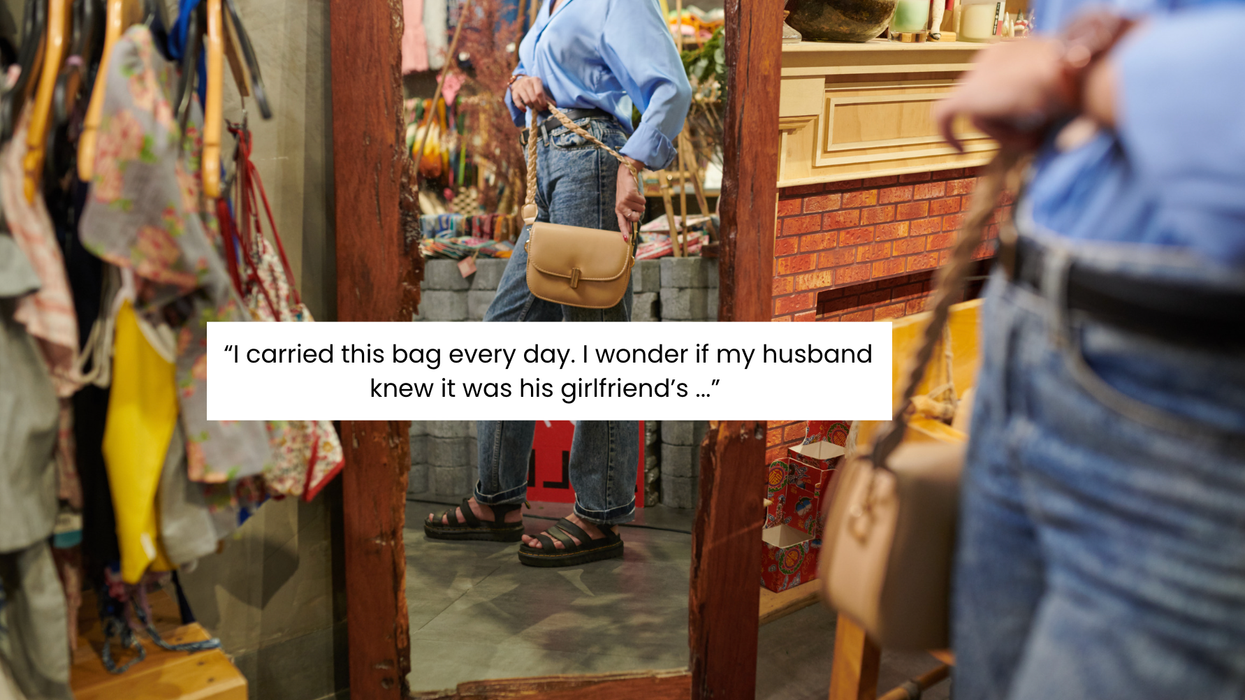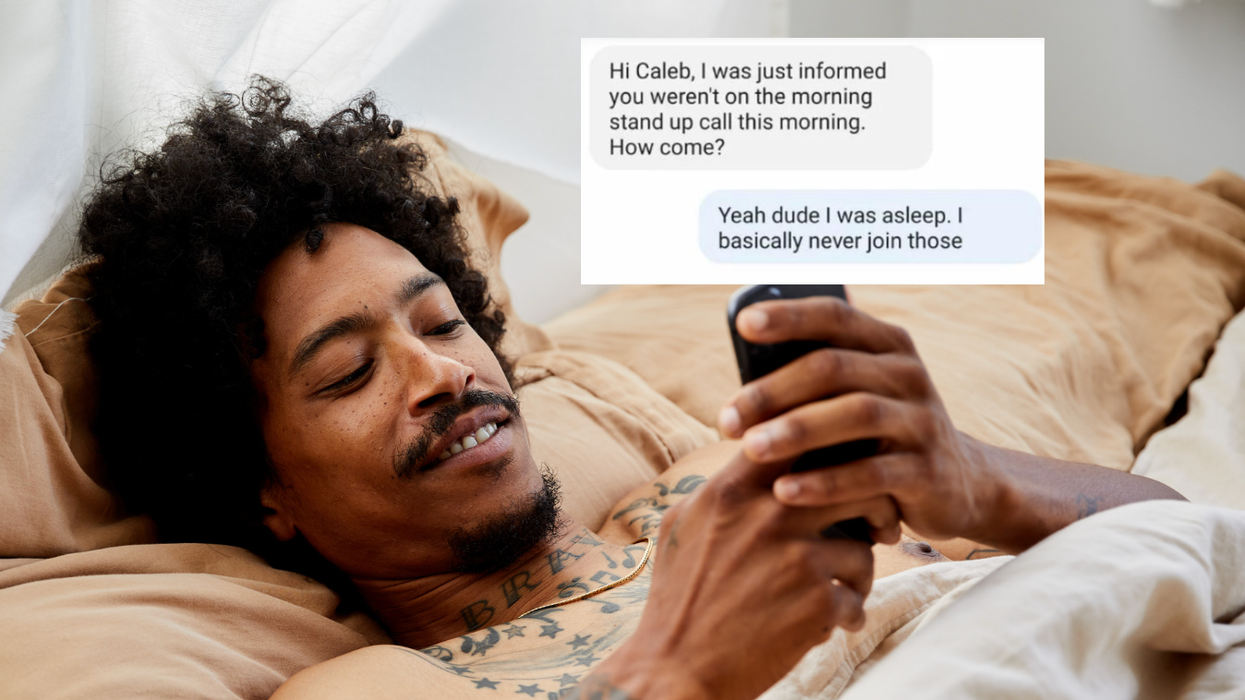Cavaliers owner Dan Gilbert’s campaign to convince the city of Cleveland and Cuyahoga County to contribute to a new stadium died on Monday. The team issued a statement declaring they would not be contributing $70 million to renovate Quicken Loans Arena, the Cleveland Cavaliers’ home, as part of a project that would ultimately end up costing $288 million by the time the bonds had been paid off in 2034.
Why did the Cavs decide to abandon the proposal? On Aug. 14, the Ohio Supreme Court ruled by a 4-3 vote that a public referendum would be held to determine whether or not $88 million from the public coffers would be directed to pay for the renovations, and the proper workings of democracy and the whole “let the voters have a say” were not things the Cavs wanted to engage in because they’d lose.
In the statement, the Cavs began by laying out all the super-awesome, fantastic stuff that Clevelanders now won’t get. According to the Cavs, a county that is a billion dollars in debt should divert funds from an existing hotel tax to Gilbert’s pocket because 2,500 construction jobs and 3,200 permanent jobs would come to town. Plus “making [the arena] more competitive” with venues around the Midwest would bring in business, including the 2020 or 2021 NBA All-Star Game, even though the arena is already the 13th busiest arena in the United States. The Cavs also stated that the All-Star Game would generate over $100 million in “economic impact,” without citing a single study as proof.
That’s all gone now, Clevelanders, since a vote would have caused unnecessary delays and increased the final construction costs. (The Cavs had previously agreed to cover any cost overages as part of their agreement with Cuyahoga County.) From the statement:
“The prospective referendum will cause the groundbreaking of The Q Transformation to miss the current construction cycle, which pushes the overall price tag of the project higher due to rising construction costs. In addition, a time sensitive financing package that included historically low interest rates would be negatively impacted by further delay due to a prospective referendum exposing the project to an expected higher interest rate environment.”
Per Neil deMause at Field of Schemes, the Cavs’ argument about a hike in interest rates making the project economically unfeasible doesn’t hold up. Odds are far greater that the Cavs’ internal polling showed they’d get pantsed at the ballot box. Taking their $70-million ball and going home was a way to save face, even if the statement was practically written in Comic Sans.
The Cavs also clearly blamed the coalition of community activists — including unions, the Cuyahoga County Progressive Caucus, and Greater Cleveland Congregations (GCC), a nondenominational advocacy group — who have worked tirelessly for months to stop the stadium.
For the GCC and their partners in the coalition, this represents a major victory, particularly considering the lengths the Cavs, Cleveland politicians, and other government officials were willing to go to in order to keep the ordinance from being subject to a public vote.
In May, activists collected 22,000 signatures demanding a public referendum, far exceeding the 6,000 signatures needed. They then had to fend off the city council, which initially refused to accept the petition and sued itself in order to keep the GCC’s chosen lawyers from participating in the legal proceedings.
In a statement provided to GOOD Sports, GCC lead organizer James Pearlstein said that the GCC had repeatedly asked all the parties in favor of the ordinance to also provide funding for things Clevelanders actually need but had been rebuffed and ignored at every turn. As such:
“GCC makes no apologies for prioritizing ending the cycle of using our jails to house the mentally ill or seeking to employ the jobless. GCC makes no apologies for standing up for our most vulnerable residents in our most distressed communities who feel like second class citizens in their own city. GCC makes no apologies for standing up for the 22,000 people who signed petitions and were subjected to voter suppression tactics rather being able to exercise their democratic rights. The loss of this deal squarely lies at the feet of those who put old school politics above the interests of the people.”
Of course, Dan Gilbert could easily write a check for $70 million himself, given that it would represent 1.2% of his total net worth.



















 Two women shop at clothing storeCanva
Two women shop at clothing storeCanva

 "I'm watching you..."
"I'm watching you..."  Reddit |
Reddit | 
 A woman conducts a online color testCanva
A woman conducts a online color testCanva A selection of color swatchesCanva
A selection of color swatchesCanva A young boy takes a color examCanva
A young boy takes a color examCanva